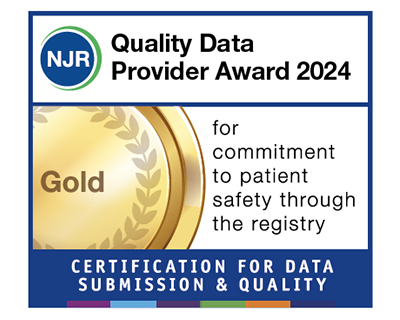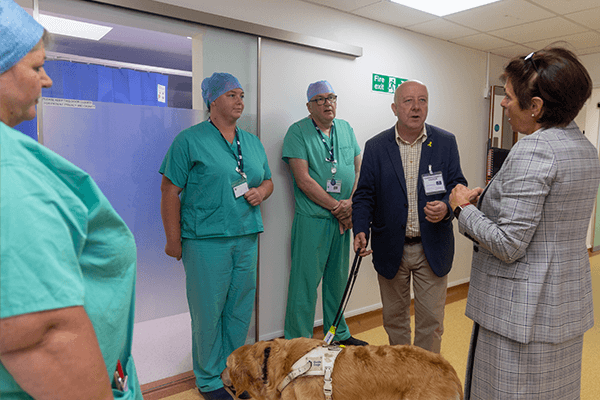Mount Stuart Hospital Specialists
-
-

Mr Kirk Bowling
Mr Kirk Bowling is a Consultant General Surgeon in Torquay, Devon who specialises in upper GI surgery.
Read more -
Mr Nick Kenefick
Mr Nick Kenefick is a Consultant General Surgeon in Torquay, Devon who specialises in colorectal treatment.
Read more -
Mr Adam Kimble
Mr Adam Kimble is a Consultant General and Colorectal Surgeon at Mount Stuart Hospital, Torbay.
Read more -
-

Mr Rupert Pullan
Mr Rupert Pullan offers Colorectal Treatment at Mount Stuart Hospital in Torquay
Read more -

Mr Gandrapu N S Srinivas
Mr Gandrapu Srinivas is a Consultant General Surgeon in Torquay, Devon
Read more



